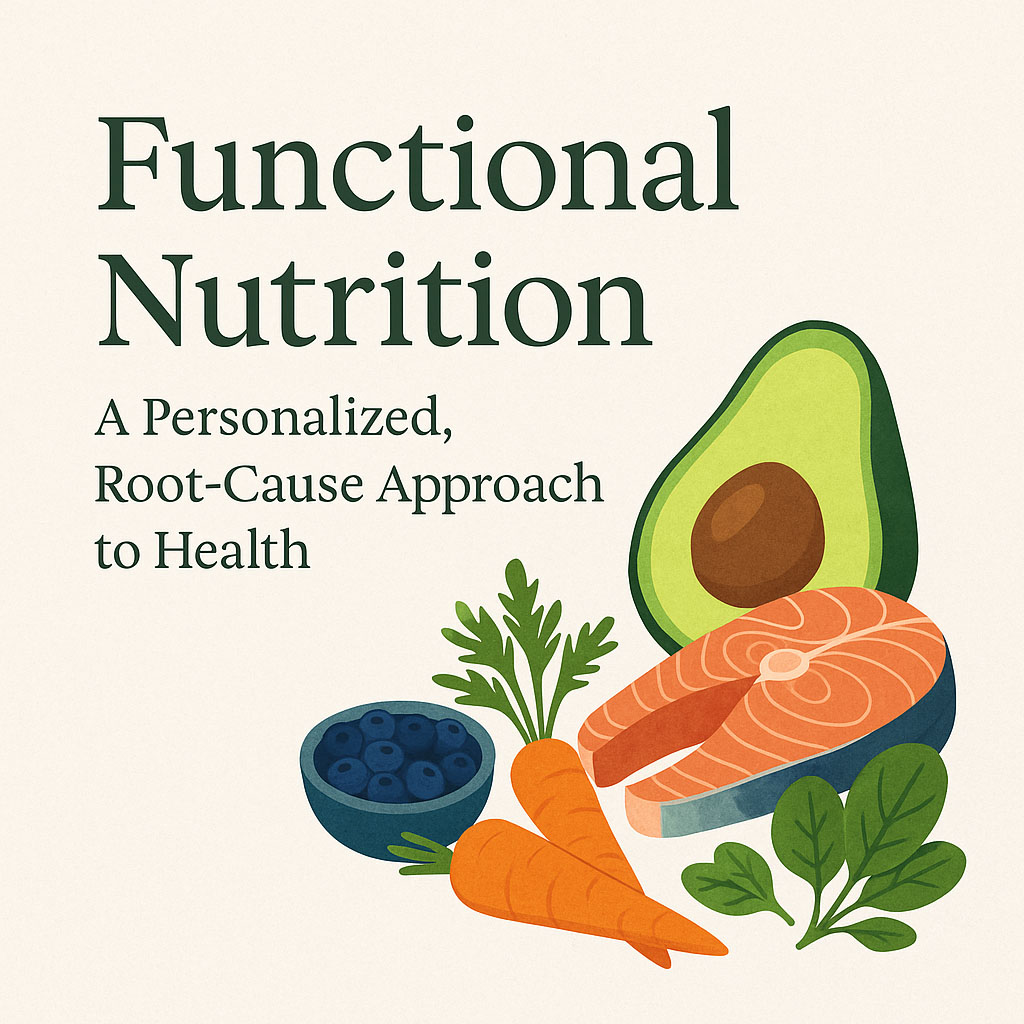Food is for nourishment. If you use it for any other purpose, you the one you have with food developed over time and many things will impact it.
When you want to make practical changes, it can be useful to explore your formative years.
We learn how to use food from a very early age – and then rarely challenge the associations as adults.
Hilde Bruch, a respected theorist in eating disorders, suggests that the confusion starts during infancy, when the child is fed when it is distressed as well as when it is hungry. So, from very early on, we may start to lose the ability to differentiate between hunger and emotional needs…
Family mealtimes are an important part of developing healthy self-esteem, social skills, and the relationship an individual has with food. Think back to when you were a child. What were your mealtimes like? What were your parents’ attitudes to weight, food, and dieting?
What was the dominant emotion at your dinner table? Which of the following apply to you?
- My mother worried about her weight / dieted when I was young
- I wasn’t able to speak my views during mealtime
- I remember thinking about my weight when I was young
- In my family, we thought of beauty as depending a lot on weight
- I did not look forward to mealtimes
- My parents forced me to eat foods I did not like
- There was yelling / arguing during dinner
- I remember feeling nervous during dinner
- During meals I was told not to waste food
If any of those resonated, these experiences can create an association between food and that emotion. These can then be easily carried through into adult life.
What type of eater are you? (And how to fix it)
- I am a perfectionist. I need to be in control (of food / weight /diet)
- I use food as a treat – to be ‘nice’ to myself
- I like to please others and feel unable to say no to others (not just in relation to food)
- I eat when I am angry
- I eat when I am stressed
- I restrict my food intake to punish myself and I feel guilty if I fail to achieve this
- I eat when I feel sad
- I rush my food
- I am unable to leave food on my plate
- I eat when I feel hurt /distressed
- I eat in secret
- I eat to avoid conflict
- I don’t have a regular routine for food
In order to survive, all animals learn what to eat, when to eat and how to eat from their parents. It is unlikely our parents have perfect eating habits so there will always be things we can improve upon as adults. Is a habit or belief still useful now? If not, change it! For example, “you must clear your plate”. Why? What will happen if you don’t? Go on, go really wild, that will happen if I leave the odd potato or brussels sprout?
Do you use food to get control?
Children learn that they can get control of adults by using food. Did you learn to get attention from others by not eating or making a fuss? Or maybe you were force fed foods you didn’t like and felt out of control? There are so many things in this world over which we have no control. It is common for people to turn to food to take control over their own bodies instead.
Solution: Deal with the issue directly – rather than by eating. What in your life is making you feel out of control or stressed? Job / family / money? What practical changes can you make to put you back in control?
Can you leave food on your plate?
“Finish your dinner or you won’t get any pudding”. Sound familiar? Or perhaps your grandparents encouraged you to eat lots. This may have been particularly important for previous generations as food was scarcer and they wanted to ensure we ate as well as possible. We are lucky as this is generally not the case now.
Solution: It’s probably healthier to leave the excess on your plate…
Are you a pleaser?
Are you unable to say ‘no’ to others?
Do you feel taken advantage of? As a child, did you observe that the pretty /clever / entertaining one got all the attention? If you learnt this, you may
still believe that you will only be loved if you are clever / attractive / slim enough. Or, maybe by being good, or doing things for others, you prevented their anger being directed at you. So, you learnt that pleasing others was the easiest course of action – even if it meant not getting your own needs met.
Solution: In which situations is it truly the best course of action to please others? On what occasions is it completely unnecessary (ie. just habit)? Work out when these are and just say no politely.
Do you restrict food and then feel guilty when you end up eating?
Were you ever sent to bed without any supper? If so, you may have learnt that if you do something bad you get punished by being made to feel hungry. Dieting is traditionally associated with being hungry and ‘going without’: punishing yourself for overeating in the
past. Then, when you get so hungry that you break the diet, you feel twice as guilty because you’ve now sneakily gone against the punishment too!
Solution: Balance your blood sugar (this helps from the physiological perspective) as it will help reduce your cravings. Remember, you are not punishing yourself – you are on a mission to improve your health. Question what happened to break the negative cycle: what led to the slip and what will you do differently next time?
Do you eat when you feel sad or need love?
“Have some chocolate, that will cheer you up”. It’s easy to see how we all learnt this behaviour. The sugar rush may well perk you up momentarily, but it doesn’t resolve the problem!
Solution: Remember, distress is a normal part of life – deal with it directly. Or, if you need love, ask for some attention from a loved one.
Do you use food as a treat?
Most of us have received food as a reward for good behaviour or to signify love. And we are likely to have had treats (or love) withheld for bad behaviour. So, love and sugar can become closely linked – and an easy way to love yourself.
Solution: Choose treats that won’t make you feel guilty afterwards. This way you can reward yourself more effectively and positively.
Do you eat in secret?
Were sweets hidden out of reach from you? This instantly suggests they are naughty or forbidden which makes us want them even more! Or perhaps someone called you “greedy”. So maybe even now you eat in secret so that they won’t say it again. But it was probably said a long time ago in jest and in response to a specific incident eg. eating all your easter eggs in one go. As a child, that’s not a crime!
Solution: Question your beliefs: maybe you eat a little too much sometimes but that doesn’t justify calling yourself names! Try not to eat on your own and serve appropriate portions.
Do you rush your food?
Perhaps older siblings helped themselves to your food if you didn’t eat fast enough. Maybe your parents encouraged you to “hurry up and finish your dinner and you can go and play”. This can result in overeating as we miss the ‘fulness’ signals.
Solution: Slow down. Chew properly. Put your cutlery down between mouthfuls.
Do you eat when you are angry or frustrated or to avoid conflict?
If you feel others didn’t listen to you or you were unable to speak your mind effectively you may have turned to eating to relieve the tension. The act of swallowing pushes the feelings down, suppressing them. Or, if you want to avoid conflict, it is difficult to argue if you are too busy eating…
Solution: Start learning to be assertive and deal with the situation that is creating the frustration. Avoid the situations. Or find a healthier outlet for the stress, e.g. exercise.
Top tips for happy mealtimes (most of these tips are valid for yourself even if you don’t have children)
The aim is for mealtimes to be relaxed and happy
Eat around a table – not in front of the TV (as this can encourage overeating due to focusing on something else rather than what’s going into your mouth)
Avoid using threats, bribery or force feeding
Avoid rewarding your child by giving them attention for not eating. This will only reinforce the behaviour. It is hard not to be concerned but they will eat eventually
Pair something enjoyable with mealtimes, e.g. reading a story, or non-food related conversation
Try to have a regular routine for eating and mealtimes so that children get into the habit of balancing their blood sugar early on (rather than having to learn this as adults…)
Modelling: let your children copy you enjoying your food and trying different things
Encourage children to try new foods (make this a normal part of eating) -from pre-1 year old if possible as it gets harder after this.


